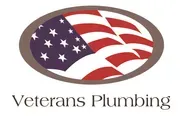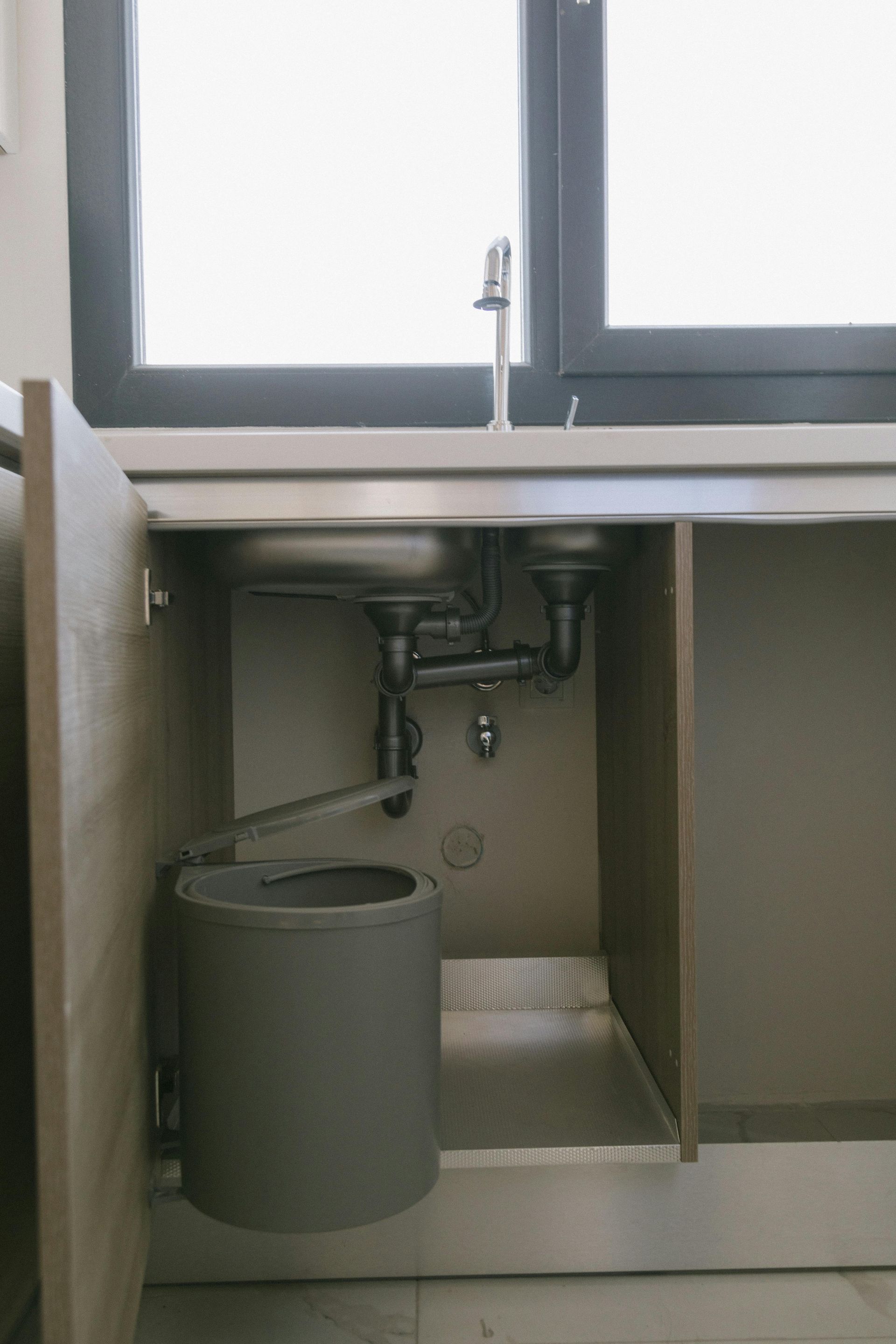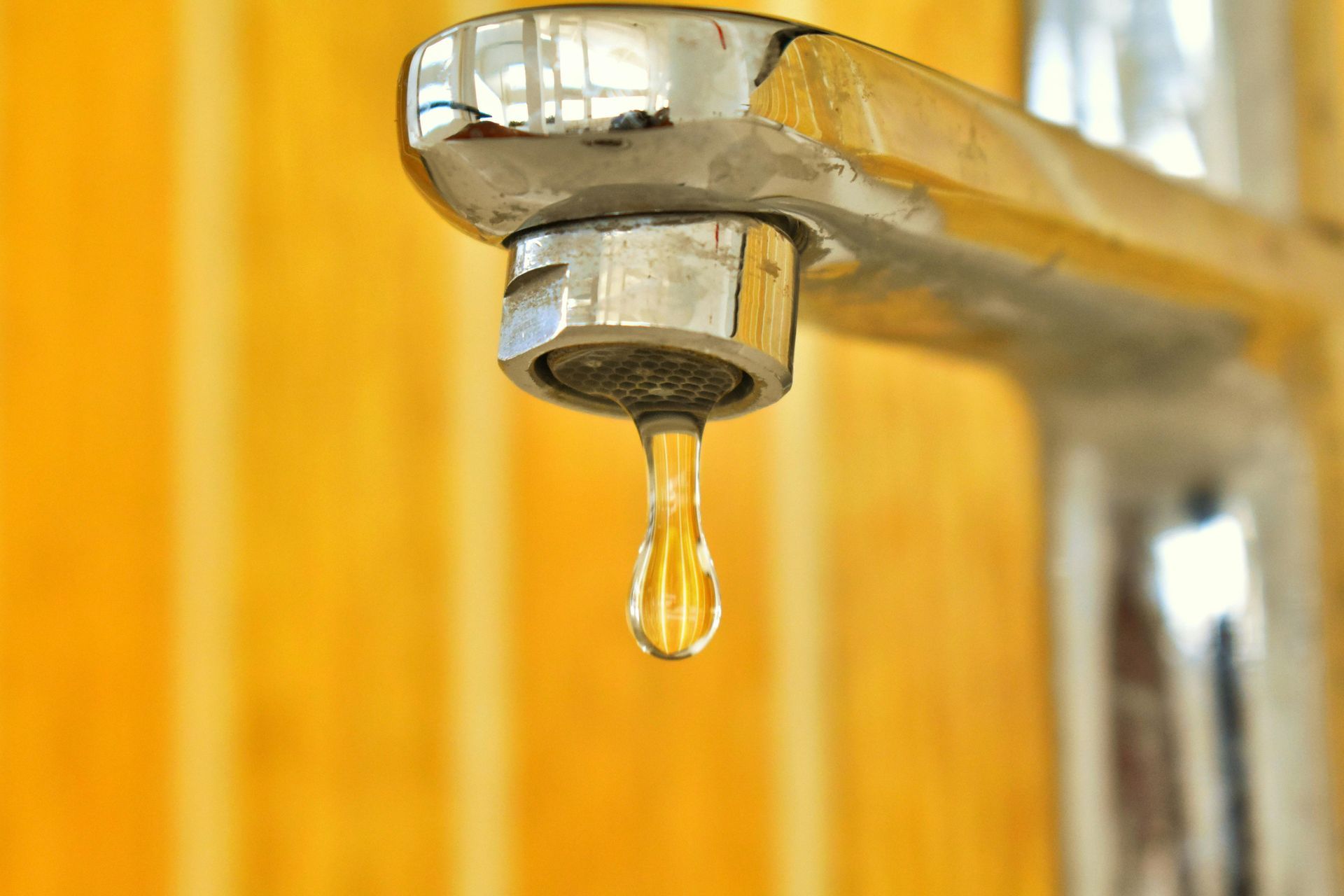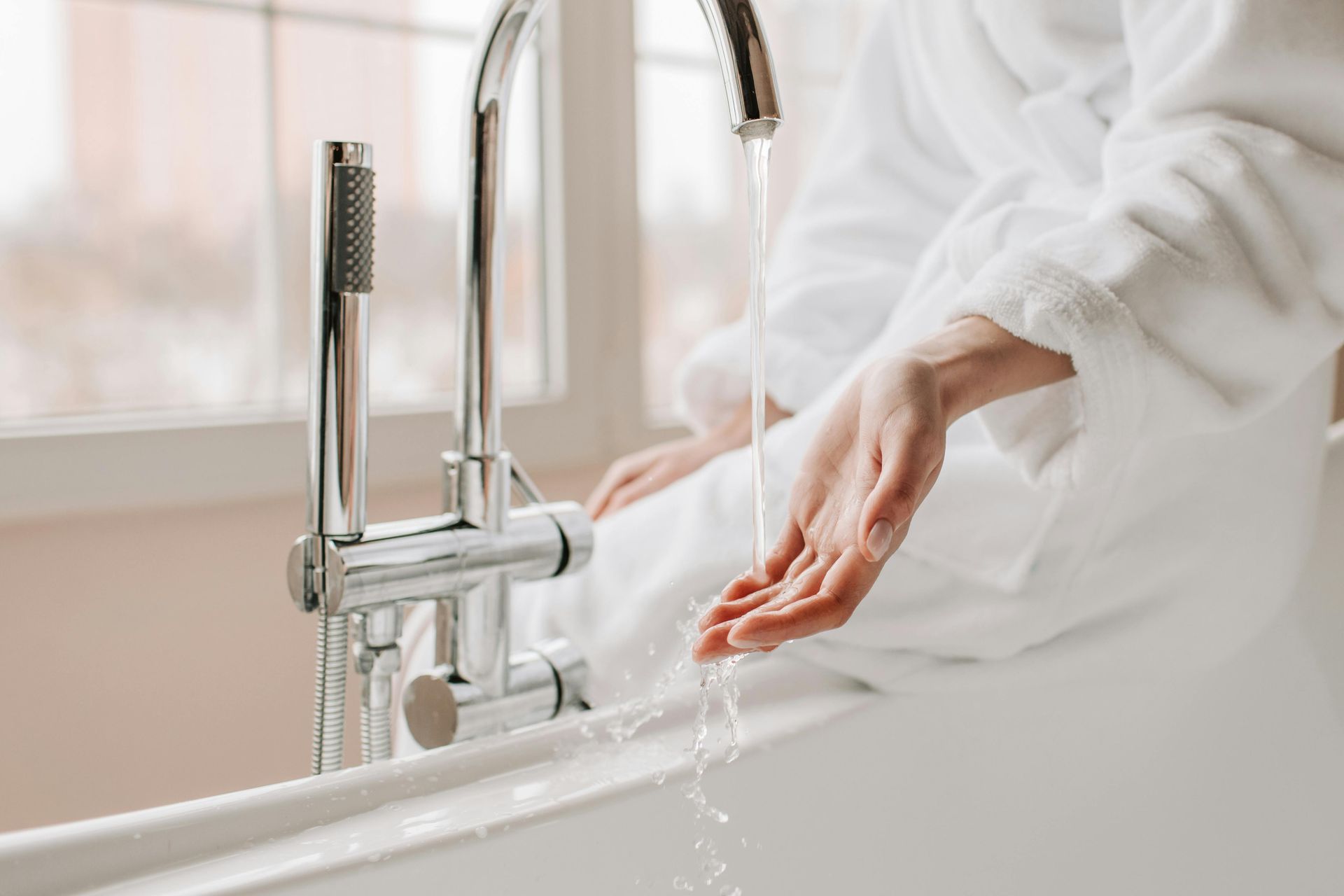Eco-Friendly Plumbing Solutions: Reducing Your Carbon Footprint
Drainage systems are a crucial component of residential plumbing and are vital in managing water flow within and around homes. A well-designed drainage system ensures that excess water is efficiently removed, protecting the property from potential damage and maintaining a healthy living environment.
Understanding Drainage Systems
- Drainage systems are designed to collect and redirect excess water away from residential properties. They prevent water accumulation that can lead to soil saturation, structural damage, and health hazards. The primary functions of a drainage system include:
- Preventing Water Accumulation: Drainage systems help prevent flooding and moisture buildup by directing water away from a home's foundation.
- Protecting Structural Integrity: Proper drainage prevents soil erosion and foundation damage caused by water infiltration.
- Maintaining Indoor Air Quality: Effective drainage reduces the risk of mold and mildew growth, which can adversely affect indoor air quality.
Understanding these functions is essential for homeowners to appreciate the importance of maintaining their drainage systems.
1. Types of Drainage Systems
Various types of drainage systems are used in residential plumbing, each serving specific purposes. Here are some of the most common types:
Surface Drainage Systems
Surface drainage systems, also known as channel drains or swales, are designed to collect and redirect runoff water from surfaces such as driveways, patios, and yards. These shallow ditches or channels guide water toward a designated drainage point, preventing pooling and flooding in unwanted areas.
Subsurface Drainage Systems
Subsurface drainage systems like French drains involve installing underground perforated pipes. These pipes collect excess groundwater and direct it away from the home's foundation. French drains are particularly effective in areas with heavy rainfall or poor soil drainage.
Gutter and Downspout Systems
Gutter systems are installed along the edges of roofs to collect rainwater and direct it down through downspouts. This system prevents water from cascading off the roof directly onto the ground near the foundation, reducing the risk of flooding and erosion.
Sump Pumps
Sump pumps are devices installed in basements or crawl spaces to remove excess water that accumulates there. When water levels rise, the sump pump activates to pump water away from the home, helping prevent flooding and water damage.
2. The Importance of Proper Drainage
Proper drainage is essential for several reasons:
Preventing Water Damage
Water accumulation around a home can lead to significant damage over time. Without an effective drainage system, rainwater can seep into foundations, causing cracks and structural issues. This can result in costly repairs that could have been avoided with proper drainage.
Reducing Soil Erosion
Soil erosion occurs when water washes away topsoil, losing nutrients essential for landscaping and gardening. A well-designed drainage system helps control water flow, reducing erosion and preserving the integrity of your yard.
Protecting Indoor Air Quality
Standing water around a home can lead to mold growth, which poses health risks to residents. Mold spores can circulate through indoor air, leading to respiratory problems and allergies. Homeowners can maintain indoor air quality by preventing standing water through adequate drainage.
Enhancing Property Value
A well-maintained drainage system contributes to a property's overall value. Potential buyers often look for homes with reliable plumbing systems that protect against water-related issues. Investing in proper drainage can enhance curb appeal and increase property value.
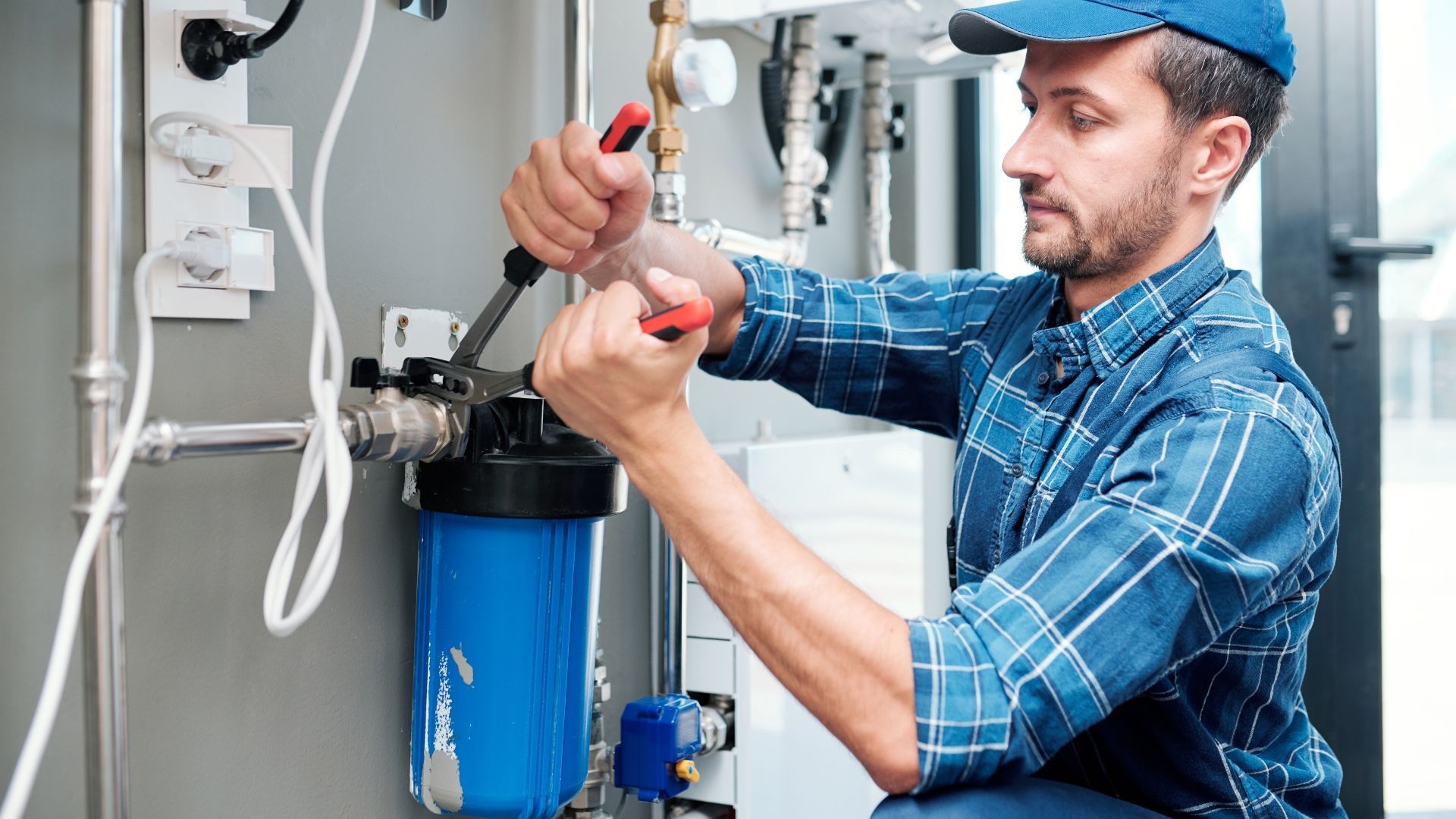
3. Signs Your Drainage System Needs Attention
Regular maintenance is key to ensuring your drainage system functions effectively. Homeowners should be aware of signs that indicate potential issues:
Pooling Water
If you notice puddles forming in your yard after rainfall or excessive moisture around your foundation, it may indicate a problem with your drainage system.
Foul Odors
Unpleasant smells emanating from drains or standing water can signal stagnant conditions that may lead to mold growth or sewage backup.
Erosion or Sinkholes
Visible erosion around your property or sinkholes forming can indicate inadequate drainage that needs immediate attention.
Mold Growth
If you notice mold or mildew inside your home or around windows and doors, it may be due to poor drainage, which allows moisture to accumulate.
4. Maintenance Tips for Homeowners
To keep your drainage system functioning optimally, consider these maintenance tips:
Regular Inspections
Regularly inspect gutters, downspouts, and drains to ensure they remain clear of debris, such as leaves and dirt. Clogged gutters can lead to overflow issues that compromise your home’s foundation.
Clean Gutters Seasonally
Cleaning gutters at least twice a year—preferably in spring and fall—prevents blockages that can lead to water pooling around your home.
Check for Leaks
Inspect pipes for leaks or signs of wear regularly. Addressing leaks promptly helps maintain an efficient drainage system.
Ensure Proper Grading
Ensure that the ground surrounding your home slopes away from the foundation. Proper grading helps direct rainwater away from your property.
Install a Sump Pump if Necessary
If your home is prone to flooding or has a basement prone to moisture accumulation, consider installing a sump pump as an additional precautionary measure.
The Benefits of Hiring Professionals
While some homeowners may attempt DIY maintenance tasks on their drainage systems, hiring professionals is highly recommended for several reasons:
- Expertise: Professional plumbers have extensive knowledge about various drainage systems and their specific maintenance requirements.
- Advanced Tools: Professionals use specialized tools for inspections and repairs that may not be available to homeowners.
- Time Efficiency: Experienced professionals complete tasks more quickly than untrained individuals due to their familiarity with procedures.
- Comprehensive Services: Professionals offer thorough inspections covering all aspects of your plumbing system—something DIY methods may overlook.
- Long-Term Solutions: Hiring experts ensures that any underlying issues are addressed effectively, providing long-term solutions rather than temporary fixes.
In summary, understanding the role of drainage systems in residential plumbing is essential for maintaining a safe and comfortable living environment. By recognizing the importance of proper drainage and implementing regular maintenance practices—or hiring professionals when necessary—homeowners can protect their properties from potential damage while enhancing their overall quality of life.
Check out our services: Water Softeners & Treatment, Water Repair & Install, Tankless Water Heaters, Residential & Emergency Plumbing.
Blog
Book a Service Today
For more info on water softeners, water heaters and tankless water heaters Idaho Residents need, contact us today.
